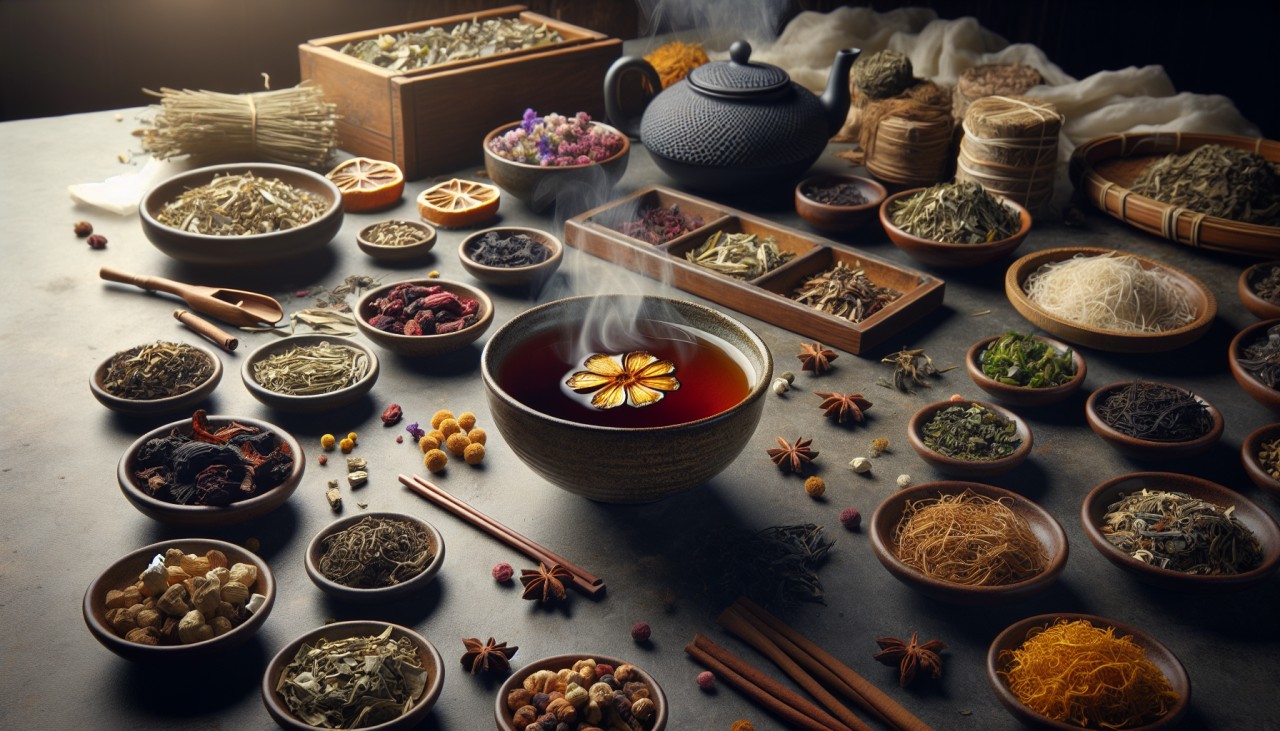In recent years, traditional Chinese herbal teas have surged in popularity, offering natural remedies for a variety of health concerns. These teas are crafted from a blend of herbs known for their therapeutic properties, such as jujube kernels, dried lily, poria fungus, and albizia bark. For instance, a 26-year-old resident of Kunming, Guo Xiaofan, found relief from insomnia by consuming a herbal tea prescribed by a traditional Chinese medicine hospital. She noted that while the first sip was unusual, she soon found it quite enjoyable. This shift towards herbal teas reflects a growing interest in natural health solutions. epaper.chinadaily.com.cn
The appeal of herbal teas lies in their ability to address minor symptoms like calming nerves, aiding sleep, and promoting healthy hair. Hospitals and pharmacies across China are capitalizing on this trend by offering specialized herbal tea formulas tailored to seasonal needs. For example, in summer, smoked plum tea is popular for relieving heat, while winter sees an increase in herbal teas aimed at clearing throat mucus. These teas are not only consumed for their health benefits but also enjoyed for their unique flavors, making them a delightful addition to daily routines. epaper.chinadaily.com.cn
Key Takeaways
- Traditional Chinese herbal teas are gaining popularity for their health benefits.
- These teas address minor symptoms like insomnia and promote overall well-being.
- Hospitals and pharmacies offer specialized herbal tea formulas tailored to seasonal needs.
- Herbal teas provide a natural and enjoyable way to incorporate wellness into daily life.
Example
Incorporating herbal teas into your daily routine can be a simple yet effective way to enhance your health. For instance, if you struggle with sleep, consider brewing a cup of herbal tea before bedtime. Many traditional Chinese herbal teas are available at local health stores or online, offering a variety of blends to suit your needs. Additionally, some mobile apps provide information on different herbal teas and their benefits, helping you make informed choices. By integrating these teas into your daily life, you can enjoy both their health benefits and unique flavors.
